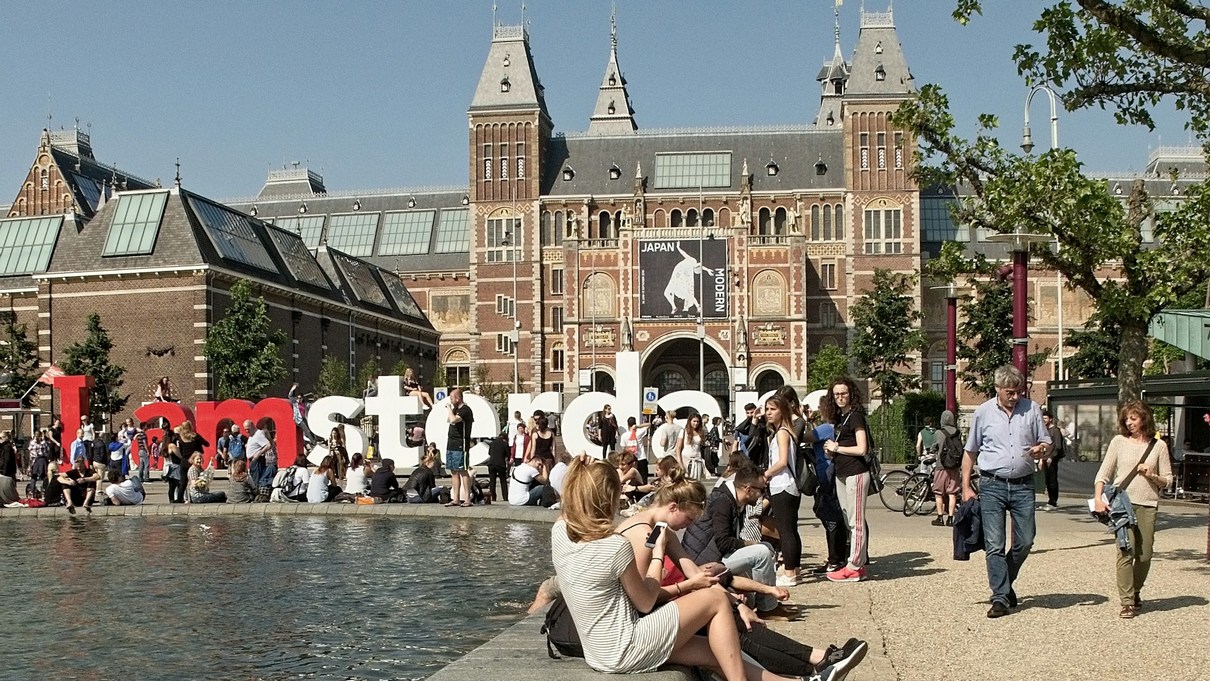Science
The Monk Who Saw the Future: Did an 11th-Century Benedictine Beat Astronomers?
17 February 2026

Across Europe, overtourism is spiralling. Local fixes fall flat. Residents say enough: tourism in Amsterdam lands in court as locals sue city officials at last.
A flood of tourists is becoming a growing problem in many countries. Nature suffers, monuments deteriorate, and residents are pushed out of their neighbourhoods. What is more, the economy shifts strictly towards tourism, so other sectors lose importance. It is no surprise that more and more locals have had enough — and would rather not host visitors at all.
Amsterdam illustrates the problem. For several years residents have been asking the city authorities for curbs. In 2021 limits were even introduced — a maximum of 20 million overnight stays, a ban on building new hotels — and the number of river and sea cruises was halved. Yet the situation has not improved.
The blame lies with the administration. Despite promises, in 2024 the bed capacity increased by almost 3 million places. Residents could not take it any longer — they raised €50,000 and took the city authorities to court. What do they want to achieve?
Residents of the Dutch capital are demanding another rise in the tourist tax — even though it is already the highest such tax in the world at 12.5 percent. They want the additional revenue to be allocated to one of two goals they have proposed.
“Amsterdam could use the extra income from an increased tourist tax to buy up property to help address the housing shortage, or to clean up the city’s streets, which are partly a mess because of mass tourism,” explains Jasper van Dijk, one of the initiators, quoted by the Dutch outlet Reformatorisch Dagblad.
City councillor Sofyan Mbarki also weighed in. He recalled that the city had already taken a number of steps — reducing the number of cruises, raising the tourist tax and halting the construction of new hotels. Even so, he announced another move: a ban on renting accommodation in places where tourist pressure is greatest.
Although at first glance everything may seem simple, the issue is far more complex.
“Unfortunately, there is no single button we can press to solve everything. Tourism requires patience and long-term action,” Mbarki concluded.
Read Why Travel Has Become a Quest for Social Status
Excessive tourism also affects Venice. Two years ago the local authorities introduced an entrance fee to the city to reduce visitor numbers. Until now it has been €5 or €10 depending on when the fee was paid — the earlier a tourist bought a ticket, the less they paid.
Next year the Venetian authorities will continue to apply this measure. Fees will be required between 8:30 and 16:00 on the most popular days, namely:
Guests staying in hotels or other accommodation are exempt, as they already pay the tourist tax.
While the influx of tourists brings many benefits, for popular cities it is increasingly a serious challenge. It is no different with tourism in Amsterdam — it is becoming an ever greater burden on residents.
Read this article in Polish: Mieszkańcy mają dość turystów. Pozwali władze miasta
Science
17 February 2026



Zmień tryb na ciemny